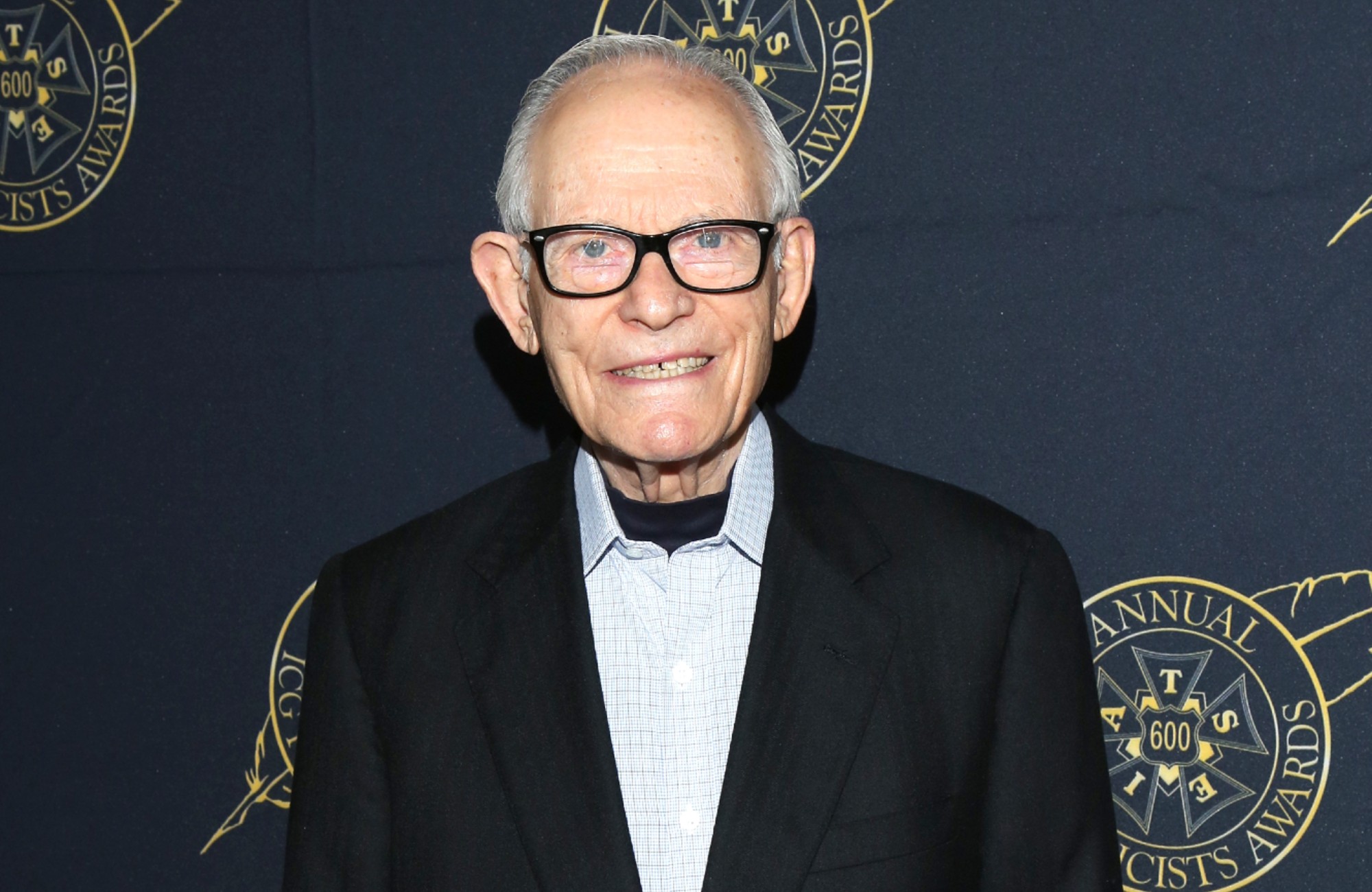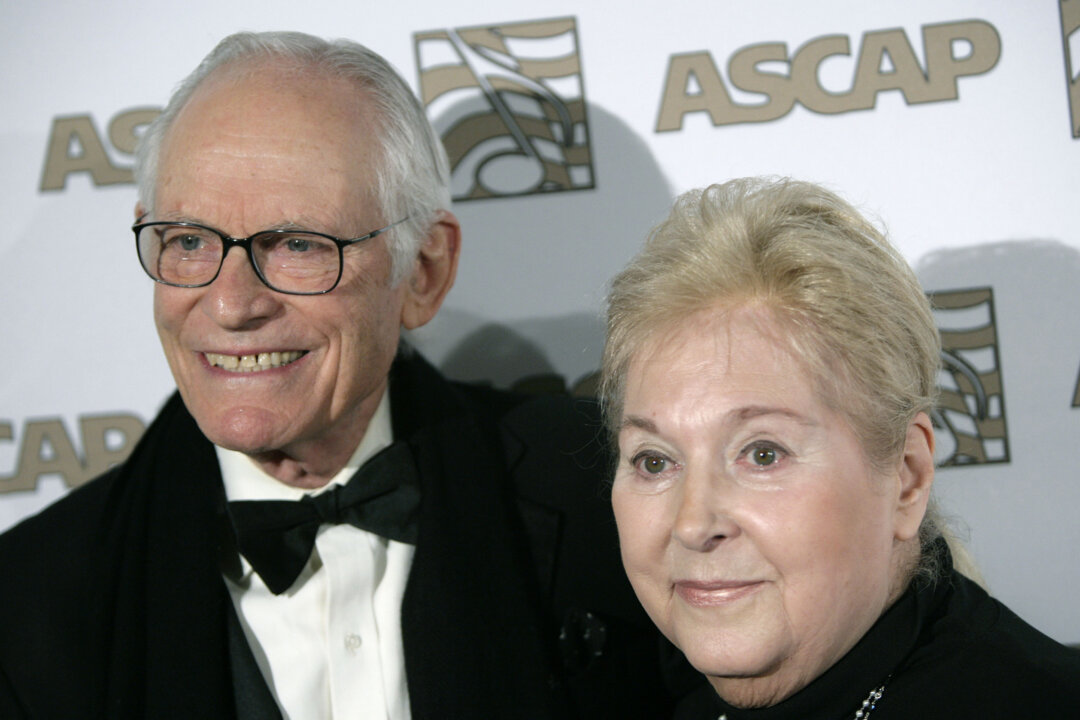Alan Bergman, the legendary American lyricist whose words have graced countless film and television productions, has passed away at the age of 99. Known for his profound ability to capture human emotion,
Did You Know
The smell of freshly-cut grass is actually a plant distress call.
?
AD
Bergman’s lyrical partnership with his wife, Marilyn, produced some of the most memorable songs in the American music canon. Their collaboration yielded classics like the Academy Award-winning "The Way We Were," performed by Barbra Streisand, and "The Windmills of Your Mind," showcasing their unmatched talent and storytelling prowess.
With a career that spanned over six decades, Bergman received numerous accolades, including Oscars, Grammys, and Emmys, affirming his status as a titan of songwriting. He and Marilyn not only contributed to the silver screen but also shaped the soundtracks of our lives, collaborating with music legends such as Frank Sinatra, Barbra Streisand, and Neil Diamond. Their work extended beyond just songs; they crafted the themes for television shows like "Good Times," making their influence felt across multiple media platforms.
Despite recent health struggles, including respiratory issues, Bergman continued to write music with unabated passion, a testament to his dedication to his art. He passed away peacefully at his home in Los Angeles, surrounded by family, including his daughter, Julie. The news of his departure has sparked heartfelt tributes from fellow artists, celebrating his immense contributions to culture and music. Alan Bergman leaves behind a legacy that will resonate for generations, a reminder of the profound impact of beautifully written lyrics on our shared experience.
Q&A (Auto-generated by AI)
What are Alan Bergman's most famous songs?
Alan Bergman is renowned for several iconic songs, particularly 'The Way We Were,' famously performed by Barbra Streisand. He also co-wrote 'The Windmills of Your Mind,' which gained popularity through the film 'The Thomas Crown Affair.' Other notable works include songs for 'Yentl' and themes for TV shows like 'Maude.' His collaborations with his wife, Marilyn Bergman, produced numerous hits that have left a lasting impact on American music.
How did Bergman influence modern songwriting?
Alan Bergman's influence on modern songwriting is significant, particularly through his lyrical storytelling and emotional depth. His ability to blend narrative with melody set a standard for songwriting in film and television. Collaborating with his wife, Marilyn, they created songs that resonate with universal themes of love, loss, and nostalgia, inspiring contemporary songwriters to prioritize lyrical content alongside musical composition.
What awards did Alan Bergman receive?
Throughout his illustrious career, Alan Bergman received numerous prestigious awards, including multiple Oscars, Grammys, and Emmys. He won Academy Awards for Best Original Song for 'The Way We Were' and 'The Windmills of Your Mind.' His contributions to music and film have been recognized with Grammy Awards for Best Pop Performance and Best Song Written for Visual Media, showcasing his versatility and talent across different platforms.
Who were Bergman's notable collaborators?
Alan Bergman collaborated with a range of notable artists throughout his career, including his wife, Marilyn Bergman, with whom he formed a legendary songwriting partnership. He worked with iconic performers such as Frank Sinatra, Barbra Streisand, and Tony Bennett, contributing to their classic hits. Additionally, he collaborated with composers like Marvin Hamlisch and Michel Legrand, further solidifying his place in the music industry.
What themes are common in Bergman's lyrics?
Common themes in Alan Bergman's lyrics include love, nostalgia, and the complexities of human relationships. His work often reflects deep emotional experiences and introspection, capturing the essence of life's fleeting moments. Songs like 'The Way We Were' explore themes of memory and longing, while 'The Windmills of Your Mind' delves into the intricacies of thought and emotion, showcasing his ability to convey profound sentiments through music.



:max_bytes(150000):strip_icc()/Alan-Bergman-071825-5958e8b142564d0996f17def3fce9eaf.jpg)













